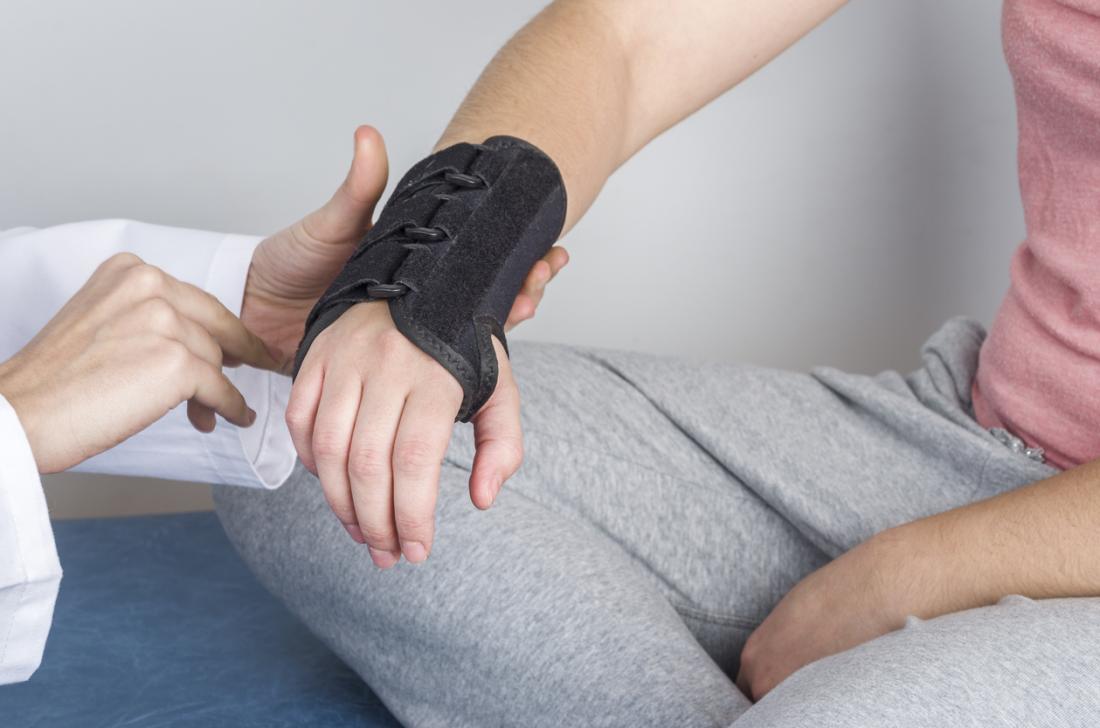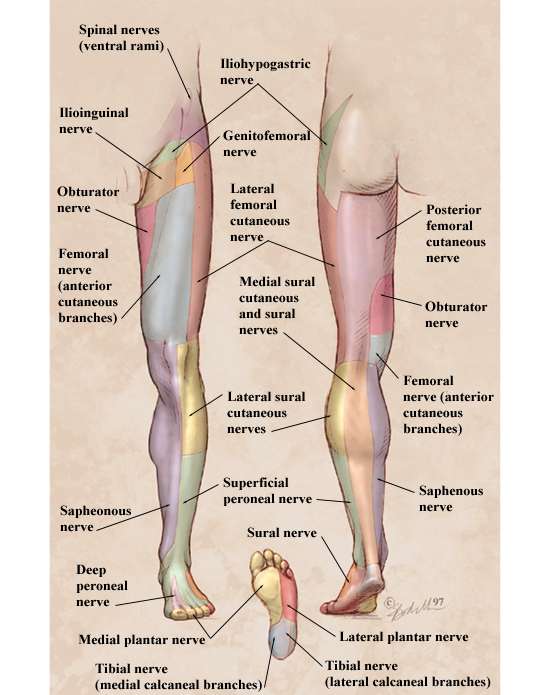Arrhythmia which is also known as heart arrhythmia is a common disease condition that occurs when the impulses that flow through your heart and help control your heartbeat dont flow appropriately causing your heart to either beat too slow or too fast and eventually this will cause what is known as irregular heartbeats or irregular heart patterns. High blood pressure diabetes low blood sugar obesity sleep apnea and autoimmune disorders are among the conditions that may cause heart rhythm problems.
 Cancer Treatment Induced Arrhythmias Circulation Arrhythmia And Electrophysiology
Cancer Treatment Induced Arrhythmias Circulation Arrhythmia And Electrophysiology
An arrhythmia is a problem with the rate or rhythm of the heartbeat.

What is heart arrhythmia caused from. An irregularity in the rhythm of your heart or arrhythmia can be caused by various factors. The frequency of heart rate in one minute considered normal in an individual at rest is between 50 a to 100. High blood pressure diabetes thyroid disorders stress smoking certain medicines and consumption of alcohol or caffeine can.
Why this happens is not known. This is an arrhythmia caused by one or more rapid circuits in the atrium. Sinus node dysfunction - This usually causes a slow heart rate bradycardia with a heart rate of 50 beats per minute or less.
Arrhythmias may even be one of the more common panic attack triggers. Most anxiety-related arrhythmias have little to no effect on the heart and can occur in individuals who are extremely healthy. Things in the world.
Arrhythmias are often harmless especially when related to anxiety. WebMD explains the causes symptoms and types of arrhythmias which are changes in your heart rhythm that can be brought on by things like stress disease or certain medications. Atrial flutter is usually more organized and regular than atrial fibrillation.
An abnormal heart rhythm is when your heart beats too fast too slow or irregularly. A heart that beats irregularly too fast or too slow is experiencing an arrhythmia. Severe acute respiratory syndrome coronavirus 2 infection may cause injury to cardiac myocytes and increase arrhythmia risk.
This is also called an arrhythmia. This kills 100000 people in the UK every year. Symptoms of this type of arrhythmia include.
Heart arrhythmias uh-RITH-me-uhs may feel like a fluttering or racing heart and may be harmless. Early studies suggest that coronavirus disease 2019 COVID-19 is associated with a high incidence of cardiac arrhythmias. What Are the Causes of Arrhythmia.
Atrial fibrillation is a common cause of stroke. Having atrial fibrillation means your risk of stroke is 5 times higher than for someone whose heart rhythm is normal. As with other types of arrhythmias ventricular arrhythmias may be triggered or caused by several.
Within the heart is a complex system of valves nodes and chambers that. If other treatments are not effective a surgeon may have to remove. Cardiac arrhythmia can be benign or malignant being those.
Some common types of cardiac arrhythmias include. During an arrhythmia the heart can beat too fast too slow or with an irregular rhythm 2. Heart conditions like coronary artery disease heart attack heart valve disease and congenital heart disease may be at play.
Certain types of arrhythmia occur in people with severe heart conditions and can cause sudden cardiac death. Arrhythmia heart rate is any alteration in the rhythm of the heartstrings which can cause it to beat faster slower or just out of rhythm. This problem is most often caused by abnormalities in the hearts electrical stimulation which regulates the timing of heartbeats.
Those causes can include. There are several things that can cause arrhythmia. Also known as super ventricular tachyarrhythmia are a group of conditions which results in the heart beating faster than normal more than 100 beats per minute.
The term arrhythmia refers to any change from the normal sequence of electrical impulses causing abnormal heart rhythms 1. Scarring of heart tissue from a prior heart attack. This is why heart failure can cause swollen feet Ventricular arrhythmias causes and triggers.
The most common cause is scar tissue that develops and eventually replaces the sinus node. A palpitation is a short-lived feeling like a feeling of a heart racing or of a short-lived arrhythmia. Heart rhythm problems heart arrhythmias occur when the electrical impulses that coordinate your heartbeats dont work properly causing your heart to beat too fast too slow or irregularly.
Palpitations may be caused by emotional stress physical activity or consuming caffeine or nicotine. You will know everything you need to know about the basics about arrhythmias. But arrhythmias often make anxiety symptoms worse and may trigger panic attacks.
Unfortunately there isnt one cause to an irregular heartbeat. Atrial fibrillation is a very common irregular heart rhythm that causes the atria the upper chambers of the heart to contract abnormally. Sometimes an aneurysm or bulge in a blood vessel that leads to the heart can cause arrhythmia.
A tumor or vascular lesion pressed up against the brain or spinal cord can also cause paresthesia. Paresthesias are usually painless and can occur anywhere on the body but most commonly occur in the arms and legs.
 What Is Paresthesia Causes And Symptoms
What Is Paresthesia Causes And Symptoms
Common causes of paresthesia and situations in which it might be found include.

What is paresthesias caused by. When a traumatic nerve damage or neurologic disease occurs the pathways of the nerve transmission become impaired. Paresthesia Causes Paresthesia happens because of pressure on a nerve. The symptoms of paresthesia or a pinched nerve include.
Some of the main causes of chronic paresthesia include autoimmune disorders such as rheumatoid arthritis pernicious anemia diabetes and lupus or systemic lupus erythematosus. Nerve damage can lead to permanent paresthesia. An injury or accident that caused nerve damage.
Tingling or a pins and. Conditions that may cause nerve damage include diabetes carpel tunnel syndrome stroke and multiple sclerosis. When that pressure is gone -- you uncross your legs for example -- the feeling goes away.
Temporary paresthesia is mostly due to nerve strain or brief bursts of inadequate circulation. A tumor or vascular lesion pressed up against the brain or spinal cord can also cause paresthesia. It is responsible for an outbreak of respiratory illness that became a global pandemic in 2020.
Chronic paresthesia is commonly known to be caused by an underlying traumatic nerve damage or neurologic disease. A pinched nerve often in your neck shoulder. The cause of paresthesia is not always determinable.
Thus sensation becomes affected. The changes can be temporary such as if you take certain medicines or you are not getting enough vitamin B. Most Common - Numbness and tingling in the fingers and toes tiredness loss of appetitedry mouth.
Peripheral Neuropathy Peripheral neuropathy a type of paresthesia occurs when theres a disturbance usually some type of damage within the nerves of the hands feet legs arms face or torso x x. List of Drugs that may cause Paresthesia Tingling Acetazolamide. This kind of paresthesia is the kind that doesnt go away.
The causes of chronic paresthesia can fall into three subcategories peripheral neuropathy radiculopathy and issues related to the central nervous system. This can happen when you fall asleep. Paresthesia is rarely due to life-threatening disorders but it does occur as a result of stroke and tumors.
Pressure on the nerves is responsible for paresthesia. Paresthesia can be caused by disorders affecting the central nervous system brain and spinal cord such as stroke and transient ischemic attacks mini-strokes multiple sclerosis transverse myelitis connective tissue diseases sarcoidosis some drugs eg some local anesthetic agents can be neurotoxic hypervitaminosis-D and encephalitis 3. Paresthesia may be transient or chronic and may have any of dozens of possible underlying causes.
Whereas paresthesia is a loss of sensation paralysis usually involves both a loss of movement and the loss of sensations. Paresthesia can be caused by disorders affecting the central nervous system such as stroke and transient ischemic attacks mini-strokes multiple sclerosis transverse myelitis and encephalitis. Paresthesia is caused by pressure on a part of the body that cuts off the blood supply to nerves in the region.
Paresthesia happens because of changes in these nerves or in nerve pathways. Paresthesia is an abnormal sensation of the skin tingling pricking chilling burning numbness with no apparent physical cause. Its not always possible to determine the cause of paresthesia.
Causes of paresthesia. A stroke or mini-stroke. Temporary paresthesia is often due to pressure on a nerve or brief periods of poor circulation.
This will happen if you fall asleep on your side or stay for too long with your legs crossed. Paresthesia can be caused by disorders affecting the central nervous system such as stroke and transient ischemic attacks mini-strokes multiple sclerosis transverse myelitis and encephalitis. Paresthesia comes from a variety of underlying medical causes and conditions.
COVID-19 is a disease caused by a novel coronavirus not identified in humans until late 2019. Chronic paresthesia can be a symptom of an underlying neurological disease or traumatic nerve damage. Some are serious disorders while others may be not as severe yet chronic and others transient or passing.
Paresthesia usually arises from nerve damage due to infection inflammation trauma or other abnormal process. Chronic paresthesia can be caused by. High blood pressure level is one potential cause of paresthesia alongside fibromyalgia a trapped nerve or stroke.